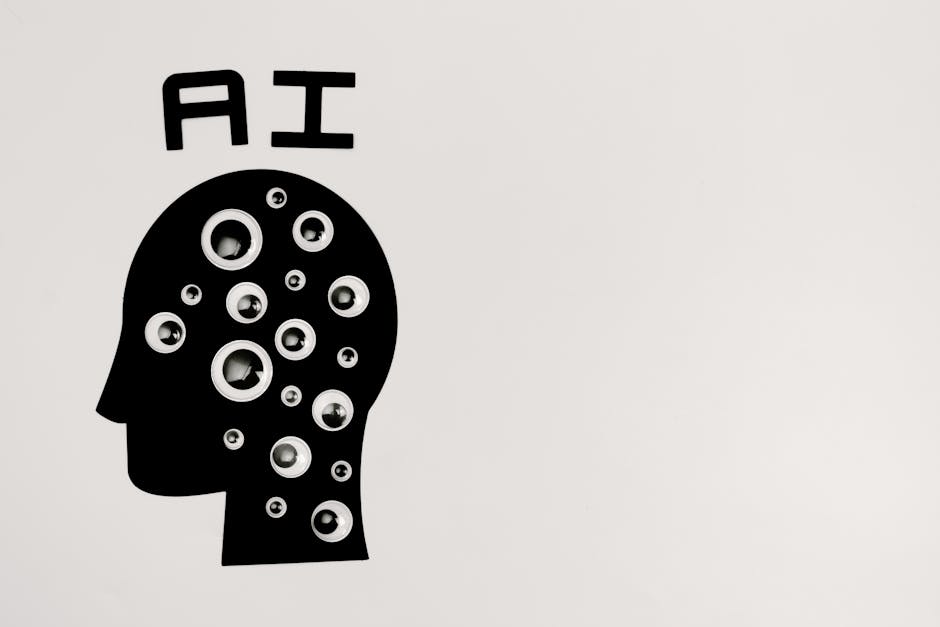Technology
-

How can technology address climate change effectively?
Climate change, driven primarily by anthropogenic greenhouse gas emissions, presents an unprecedented global challenge. Addressing this crisis requires a multifaceted approach, with technological innovation playing a central and indispensable role.…
-

What are the limitations of current technologies?
A primary limitation stems from the physical laws governing the universe. Moore’s Law, which predicted the exponential growth of transistor density on integrated circuits, is increasingly challenged. As transistors shrink…
-

Which technological advancements benefit society most?
Medical technology consistently ranks among the most beneficial advancements. Imaging techniques like MRI and CT scans, once prohibitively expensive and cumbersome, are now relatively accessible in many parts of the…
-

Does technology always lead to progress for humanity?
Technological advancements have undoubtedly improved human lives in countless ways. Medical technology, for instance, has dramatically increased life expectancy and reduced suffering from disease. Vaccines have eradicated previously devastating illnesses,…
-

Why is cybersecurity increasingly important today?
Firstly, the sheer ubiquity of interconnected devices fuels this escalating need. The Internet of Things (IoT), a network of physical objects embedded with sensors, software, and other technologies, connects billions…
-

What are the ethical implications of artificial intelligence?
Artificial intelligence (AI) rapidly reshapes our technological landscape, presenting unprecedented opportunities and profound ethical challenges. Its transformative potential across sectors like healthcare, finance, and transportation demands careful consideration of its…
-

How has technology impacted global communication?
Early technological advancements, like the telegraph and telephone, significantly reduced communication delays. Messages that once took weeks to travel by ship or mail could now traverse continents in minutes or…